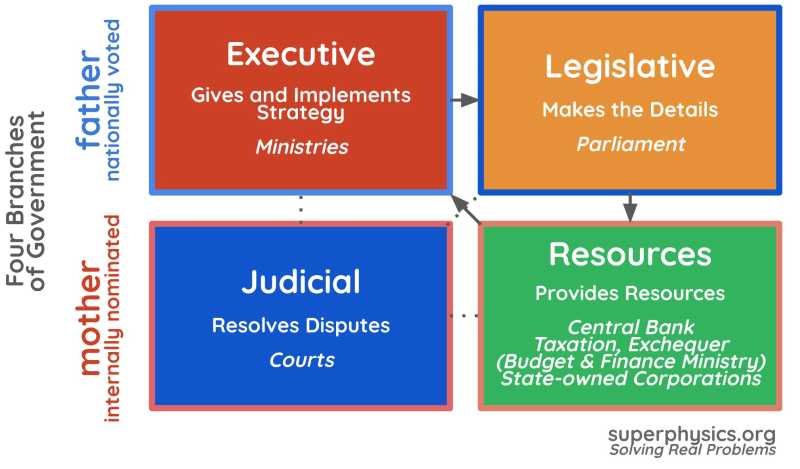Society


The Society Organism
Section 1

Group Feeling, Morality, and Justice
Section 2

The 4 Branches of Government
Section 3

Entity Rights
Section 4

The Four Laws of Value and DSIT Model
Section 5

The Usufruct Economy and Net Domestic Product
Section 6